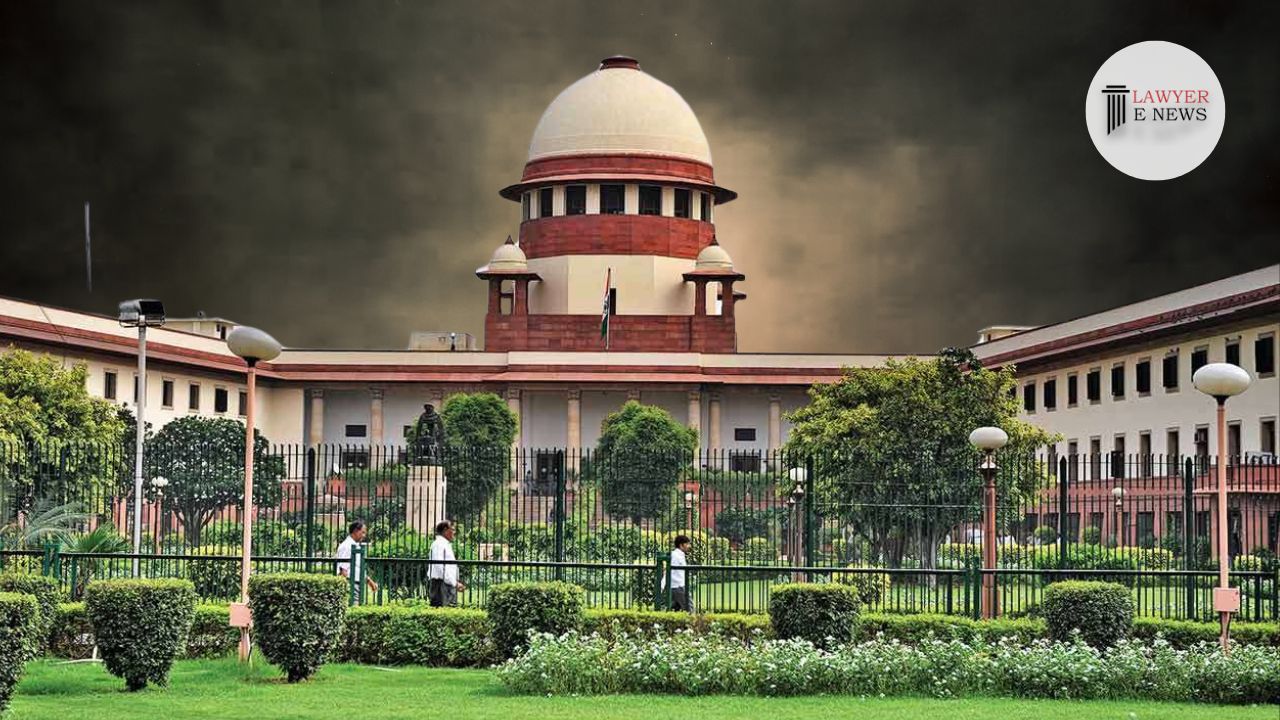-
by Admin
15 February 2026 5:35 AM



Supreme Court of India on April 5, 2023, in a significant ruling, set aside the order of the Ministry of Information and Broadcasting (MIB) dated January 31, 2022, and the judgment of the High Court dated March 2, 2022, that denied permission to a media channel to operate due to non-renewal of security clearance. The apex court said that non-renewal of permission to operate a media channel is a restriction on the freedom of the press which can only be reasonably restricted on the grounds stipulated in Article 19(2) of the Constitution.
The court also observed that security clearance is one of the conditions required to be fulfilled for renewal of permission under Uplinking and Downlinking Guidelines. However, the challenge to the order of the MIB and judgment of the High Court on procedural grounds is allowed for the following reasons:
The principles of natural justice were constitutionalized by the judgment of this Court in Maneka Gandhi (supra). Actions which violate procedural guarantees can be struck down even if non-compliance does not prejudice the outcome of the case. The core of the principles of natural justice breathes reasonableness into the procedure.
The appellants have proved that MBL’s right to a fair hearing has been infringed by the unreasoned order of the MIB dated January 31, 2022, and the non-disclosure of relevant material to the appellants, and its disclosure solely to the court. The burden then shifts on the respondents to prove that the procedure that was followed was reasonable and in compliance with the requirements of Articles 14 and 21 of the Constitution.
The validity of the claim of involvement of national security considerations must be assessed on the test of (i) whether there is material to conclude that the non-disclosure of information is in the interest of national security; and (ii) whether a reasonable prudent person would draw the same inference from the material on record.
The courts assess the validity of public interest immunity claims, which address the same harms as the sealed cover procedure, based on the structured proportionality standard. The power of courts to secure material in a sealed cover when contradistinguished with the scope of assessment of public interest immunity claims is rather unguided and ad-hoc.
The court further added that public interest immunity claims constitute less restrictive means. Additionally, while public interest immunity claims conceivably impact the principles of natural justice, sealed cover proceedings infringe the principles natural justice and open justice.
To safeguard the claimant against a potential injury to procedural guarantees in public interest immunity proceedings, the court has recognized a power in the court to appoint an amicus curiae. The appointment of an amicus curiae will balance concerns of confidentiality with the need to preserve public confidence in the objectivity of the justice delivery process.
The court also noted that while there may be material on serious concerns of national security that cannot be disclosed, the constitutional principle of procedural guarantees is equally important and cannot be turned into a dead letter. The amicus curiae appointed by the Court shall be given access to the materials sought to be withheld by the State. The amicus curiae shall be allowed to interact with the applicant and their counsel before the proceedings to ascertain their case to enable them to make effective submissions on the necessity of disclosure. However, the amicus curiae shall not interact with the applicant or their counsel after the public interest immunity proceeding has begun, and the counsel has viewed the document sought to be withheld. The amicus curiae shall, to the best of their ability, represent the interests of the applicant. The amicus curiae would be bound by oath to not disclose or discuss the material with any other person, including the applicant or their counsel.
The Civil Appeals are accordingly allowed.
Madhyamam Broadcasting Limited vs Union of India & Ors.
